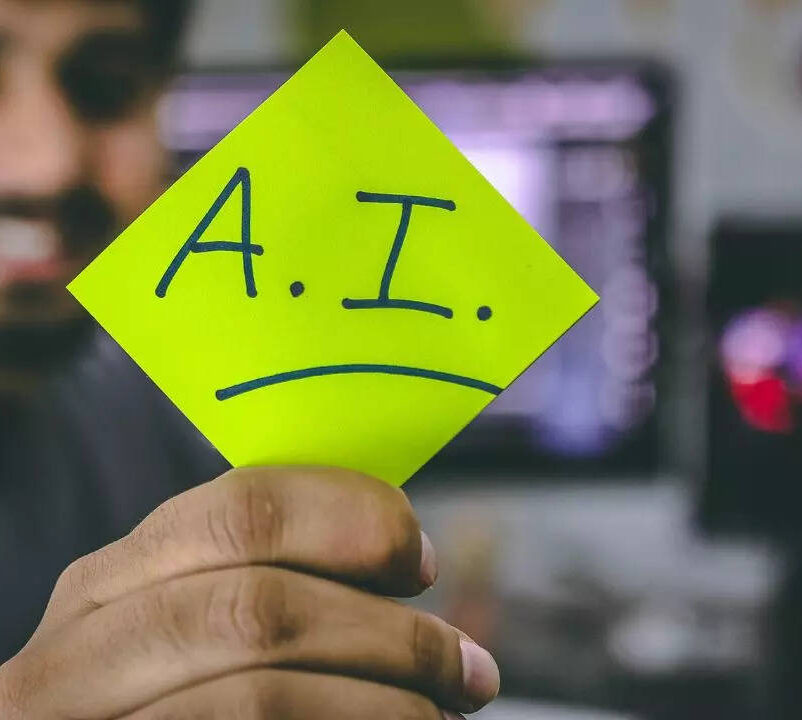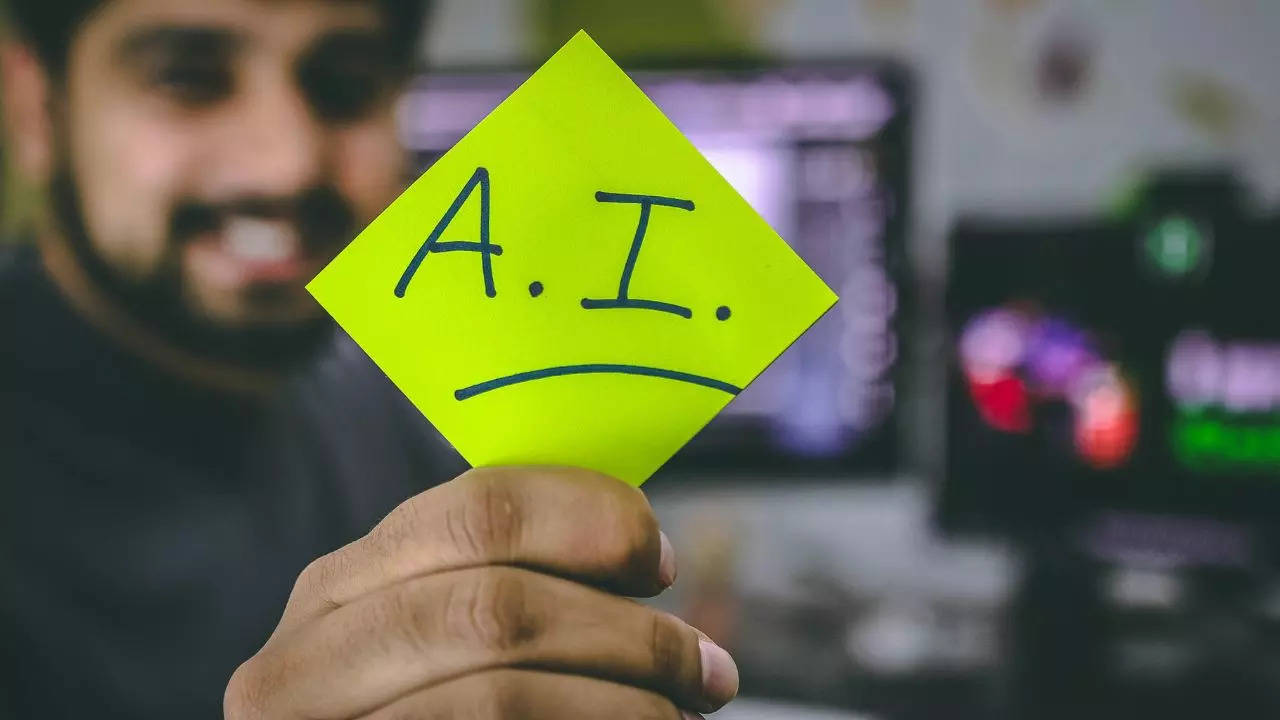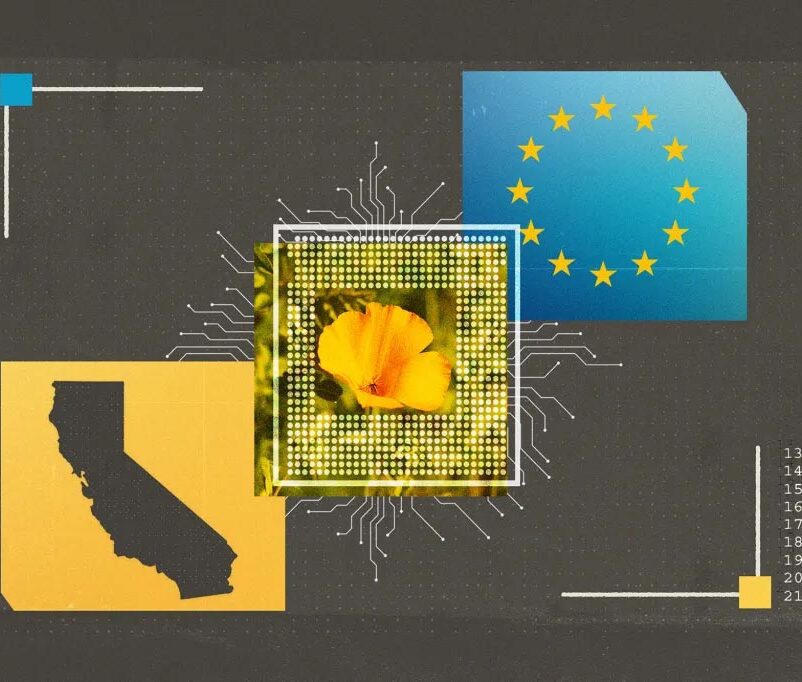

In an era marked by rapid technological advancements, the manufacturing and supply chain industries are at the forefront of a transformative revolution known as Industry 4.0. At its core, this revolution is fueled by the integration of Artificial Intelligence (AI) and robotics, reshaping the landscape of manufacturing and supply chain management. This dynamic synergy between human ingenuity and cutting-edge technology unlocks new horizons of efficiency, agility, and competitiveness.
Prashant Bramhankar, the Chief Operating Officer of Expleo India, eloquently captures the essence of this transformation, stating, “Industry 4.0 is witnessing a profound transformation in manufacturing and supply chain management through the integration of Artificial Intelligence (AI) and robotics. AI-driven algorithms analyze vast datasets to optimize production processes, predict maintenance needs, and enhance product quality. Robots, equipped with advanced sensors and machine learning capabilities, automate tasks with precision and adaptability. This synergy results in increased efficiency, reduced downtime, and improved resource allocation. Moreover, AI-powered supply chain management optimizes inventory, demand forecasting, and logistics, enhancing responsiveness and reducing costs. As we navigate Industry 4.0, AI and robotics are pivotal in reshaping manufacturing and supply chain landscapes for a more agile and competitive future.”
Ram Bhutani, the Senior Vice President of Bar Code India, underscores the pivotal role of AI and robotics in Industry 4.0, stating, “Artificial intelligence and robotics are key forces across Industry 4.0. These advanced technologies are innovative tools and catalysts for efficiency, agility, resilience, and sustainability. By harnessing AI and robotics, businesses can optimize their supply chains, reduce operational costs, and enhance agility in responding to market demands. From predictive maintenance to autonomous logistics, integrating AI and robotics is paving the way for a smarter, more resilient supply chain ecosystem. Embracing these advancements is the new cornerstone for companies to thrive in the dynamic landscape of modern industry.”
Aditya Joshi, CEO of OpalForce, offers a candid assessment of the challenges and opportunities presented by the adoption of AI and robotics in manufacturing. He notes, “The adoption of AI and robotics in manufacturing presents a dual landscape of challenges and opportunities. The initial capital outlay can be daunting, deterring some firms from venturing into this transformative realm. Moreover, the workforce needs to adapt, transitioning from traditional skills to tech-oriented expertise. Integrating new technologies with legacy systems can be more complex than starting from scratch, and the increased connectedness exposes businesses to digital vulnerabilities. Building trust in automation among stakeholders is an uphill battle, while ethical concerns and job displacement linger. Navigating the labyrinth of global tech regulations and overcoming organizational inertia further compound the difficulties. However, on the brighter side, embracing AI and robotics promises an operational renaissance, enhancing efficiency and craftsmanship, and yielding invaluable insights from data. Personalized manufacturing, enhanced safety through automation, predictive analytics, and a streamlined supply chain offer substantial benefits. Moreover, these innovations open doors to uncharted business horizons, fostering growth and innovation, making the journey into AI and robotics a challenging yet promising odyssey.”
Manish Godha, Founder and CEO of Advaiya, highlights the transformative power of AI-Powered Factories, stating, “AI-Powered Factories are transforming the manufacturing landscape. Leveraging artificial intelligence and robotics, Industry 4.0 is revolutionizing manufacturing processes and supply chain management. These technologies enable real-time data analysis, predictive maintenance, and autonomous decision-making, increasing efficiency and reducing costs. The integration of AI and robotics in factories is not just reshaping manufacturing processes, but also redefining the future of the industry.”
As we delve deeper into the impact of AI and robotics on manufacturing and supply chain management, it becomes evident that these technologies are driving a paradigm shift in several key areas:
Optimization of Production Processes: AI-driven algorithms analyze vast datasets in real-time, allowing manufacturers to optimize production processes for maximum efficiency. This optimization leads to reduced waste, increased output, and enhanced product quality.
Predictive Maintenance: Through the power of AI, machines can predict when they will require maintenance or replacement parts. This predictive maintenance minimizes downtime, reduces repair costs, and extends the lifespan of equipment.
Automation with Precision: Robots, equipped with advanced sensors and machine learning capabilities, are capable of automating a wide range of tasks with unmatched precision. They can adapt to changing conditions and work alongside human workers, enhancing productivity.
Inventory and Demand Forecasting: AI-powered supply chain management tools analyze historical data and market trends to optimize inventory levels and improve demand forecasting. This results in reduced carrying costs and more efficient allocation of resources.
Enhanced Responsiveness and Reduced Costs: The integration of AI and robotics in supply chain management streamlines logistics, making it more responsive to market fluctuations and reducing operational costs.
Ethical Considerations and Workforce Transition: While the benefits of AI and robotics in Industry 4.0 are undeniable, there are ethical considerations and challenges related to workforce transition. Companies must balance the need for automation with the ethical responsibility to support displaced workers through training and upskilling programs.
Regulatory and Security Challenges: The interconnected nature of AI and robotics introduces new regulatory challenges and potential security vulnerabilities. Navigating these issues requires a proactive approach to compliance and cybersecurity.
In conclusion, Industry 4.0 is ushering in a new era of manufacturing and supply chain management, where the integration of Artificial Intelligence and robotics is the driving force behind increased efficiency, reduced costs, and enhanced competitiveness. While challenges exist, the opportunities for growth and innovation are vast. As businesses embrace AI and robotics, they are poised to redefine the future of the industry and secure their position in the dynamic landscape of modern manufacturing and supply chain management.
Prashant Bramhankar, Ram Bhutani, Aditya Joshi, and Manish Godha’s insights underscore the significance of AI and robotics in this transformative journey, where innovation and adaptability are the keys to success. Industry 4.0 is not just a technological evolution; it is a strategic imperative for companies looking to thrive in an increasingly complex and interconnected world.




